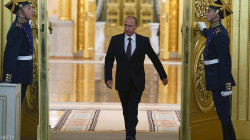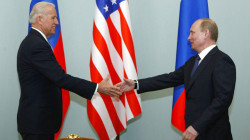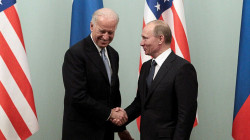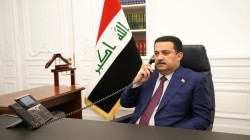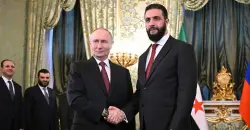Putin links Black Sea grain deal to western obligations
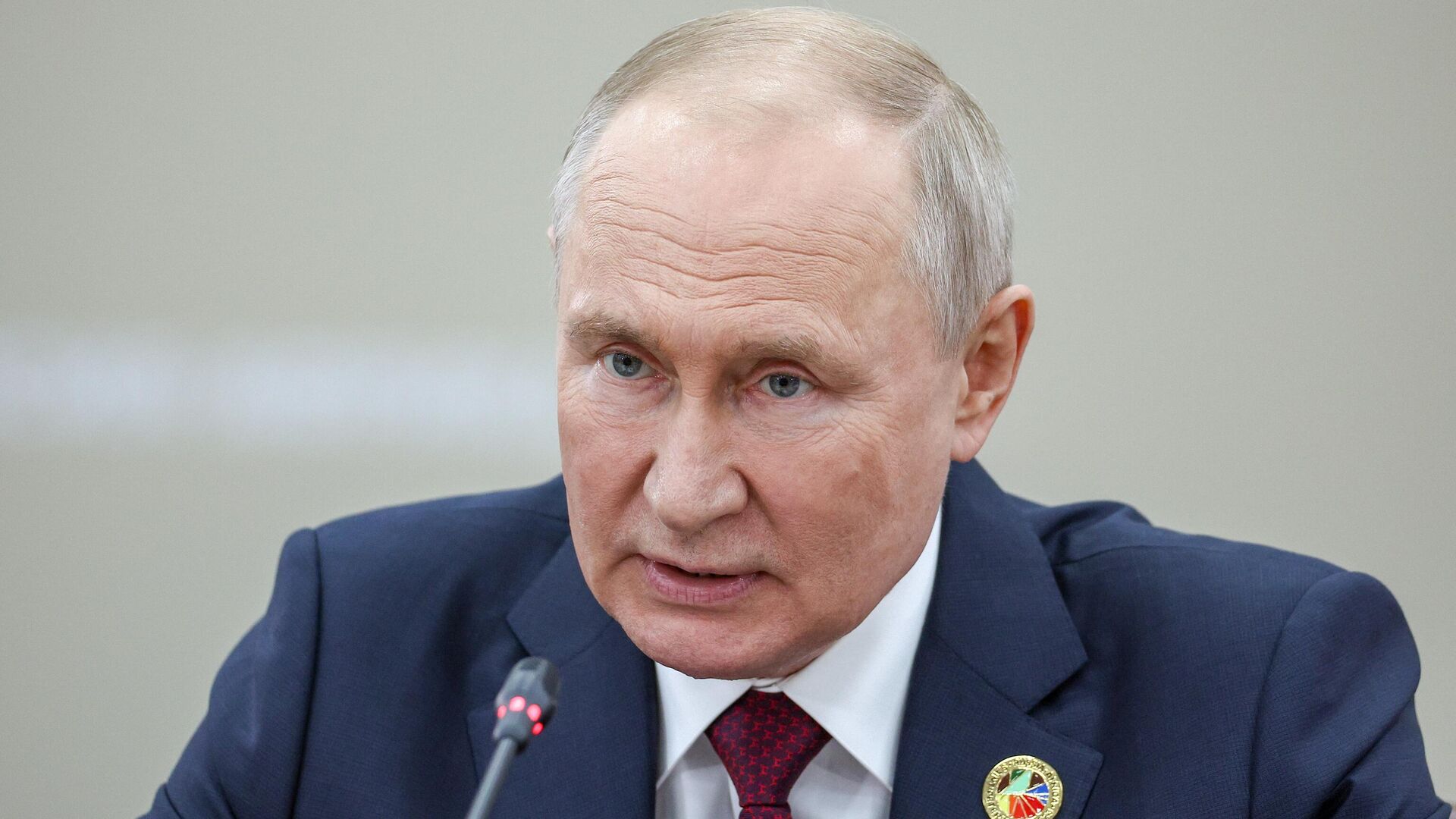
Shafaq News/ On Monday, Russian President Vladimir Putin stated that the grain deal allowing Ukraine to export grain via the Black Sea would not be reinstated until Western nations fulfill their commitments to facilitate Russian agricultural exports.
Putin's announcement came after discussions with Turkish President Recep Tayyip Erdogan, who, along with the United Nations, brokered the crucial deal aimed at securing global food supplies, particularly in Africa, the Middle East, and Asia. Ukraine and Russia are major suppliers of essential agricultural products such as wheat, barley, and sunflower oil to developing nations.
Russia declined to extend the grain deal in July, citing unmet obligations regarding removing obstacles to Russian food and fertilizer exports. It argued that shipping and insurance restrictions had hindered its agricultural trade despite having shipped record amounts of wheat since the previous year. Putin indicated that Russia could return to the deal "within the nearest days" if these commitments were fulfilled.
Additionally, Putin revealed that Russia was nearly finalizing an agreement to provide free grain to six African countries. Furthermore, Russia pledged to ship one million metric tons (1.1 million tons) of affordable grain to Turkey for processing and onward delivery to impoverished nations.
The talks between Putin and Erdogan carried significant implications for global food supplies, with analysts predicting a challenging negotiation process.
The meeting occurred amid Ukraine's recent counteroffensive against Russian invasion forces. While maintaining close ties with Putin, Erdogan has supported Ukraine by providing arms, meeting with Ukrainian President Volodymyr Zelenskyy, and endorsing Kyiv's bid to join NATO.
Erdogan's decision in July to allow five Ukrainian commanders to return home, despite earlier capture by Russia, had strained relations with Moscow.
Both Putin and Erdogan, who have each held power for over two decades, are known to have a close rapport. This relationship was strengthened after a failed coup against Erdogan in 2016 when Putin offered his support.
The Sochi summit followed discussions between the Russian and Turkish foreign ministers last Thursday. Russia presented a list of actions the West needed to take for Ukraine's Black Sea exports to resume. Erdogan had previously expressed sympathy for Putin's stance, emphasizing the importance of Western countries taking action about the Black Sea deal.
As NATO member Turkey balances its ties with Russia and Ukraine, the outcome of these high-level discussions has the potential to impact regional dynamics, global food security, and diplomatic relations.

